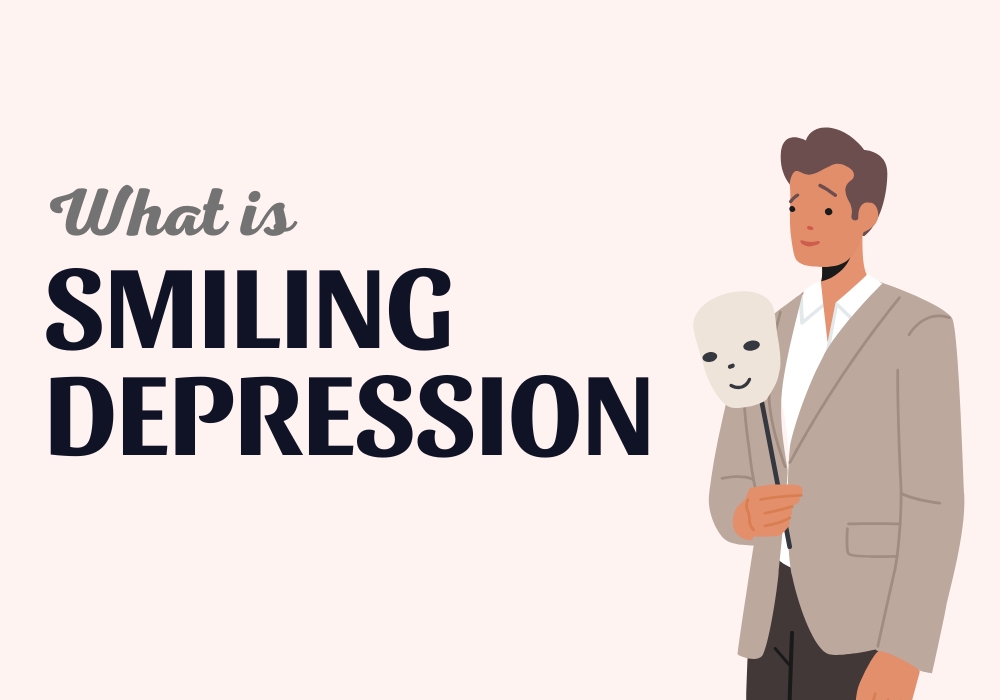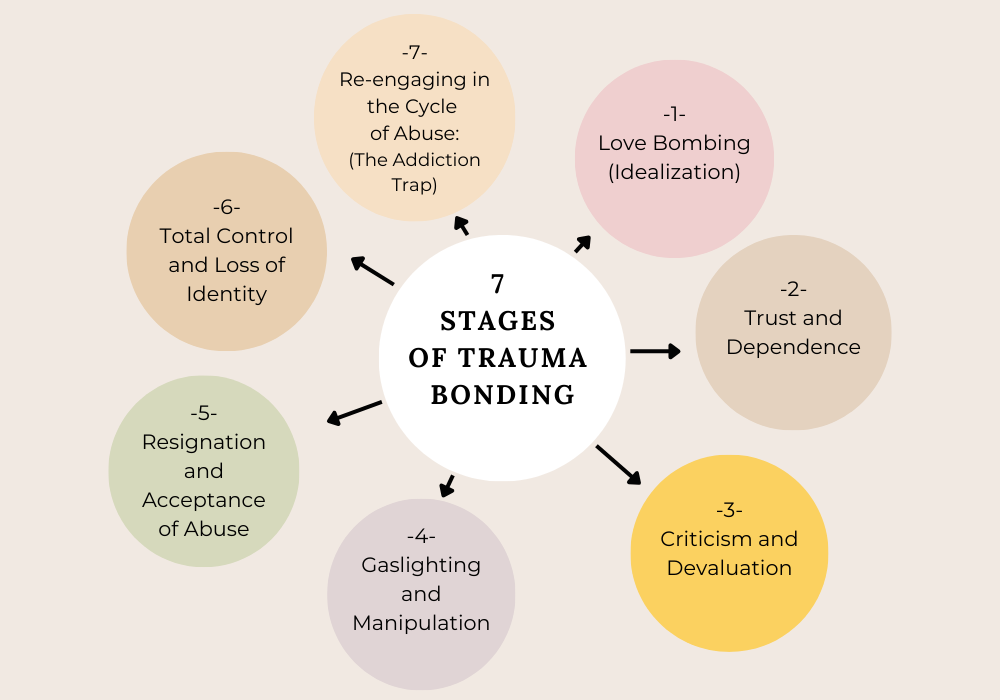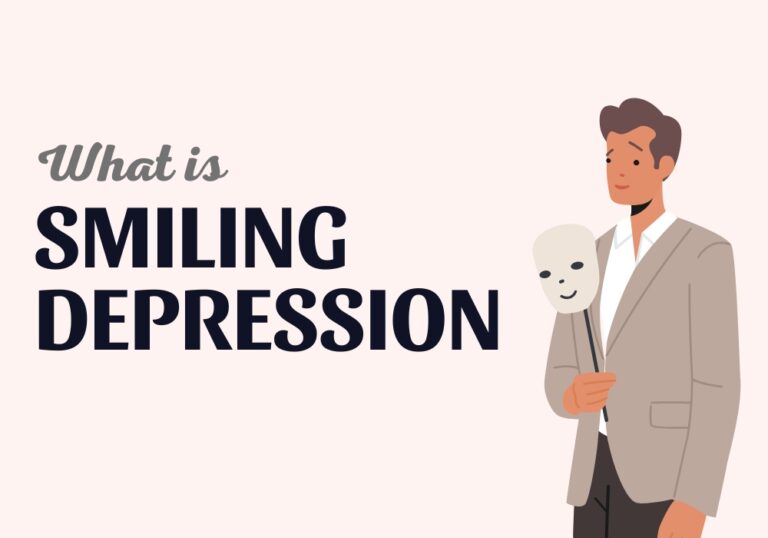What is Depression at work ?
Many people experience work depression, which is a type of depression that is caused or exacerbated by work-related stressors. Work depression can lead to a number of negative outcomes, such as decreased productivity, absenteeism, and job dissatisfaction.
the workplace is one environment that can contribute to depression, which is a complex disease with a variety of causes, including medical, emotional, and genetic factors, as well as environmental, situational, and even seasonal issues. If you already have depression, then it’s possible that work is exacerbating your symptoms.
depression doesn’t just entail feeling unhappy or displeased for a short while, it would be “constantly feeling down for weeks or months.” Depression makes everything more challenging to do and seems less rewarding.
Depression and anxiety often go hand-in-hand.
Depression can also be a symptom of other mental health problems, like bipolar disorder or borderline personality disorder. People with severe depression can sometimes experience psychotic symptoms, such as delusions and hallucinations.
Related:Depression :Types & Symptoms
The World Health Organisation says 15% of working-age adults have a mental disorder. Without the proper support, mental disorders and other mental health conditions can have a detrimental effect on a person’s confidence and identity at work, their productivity, the number of absences, and the difficulty of finding or keeping a job. Every year, twelve billion working days are wasted due to depression and anxiety. Additionally, people who suffer from severe mental health conditions are often prevented from working, even though work can play a role in their recovery. Mental health conditions don’t just impact the sufferer – families, carers, colleagues, communities, and society feels the effects as well. Depression and anxiety cost the global economy a whopping US$ 1 trillion each year, and much of that is due to decreased productivity.
What are the causes of depression at Work?
–Misalignment between the company and personal values: Being employed by a company whose values do not align with personal values.
–Work/life imbalance: When you’re a workaholic, you work long hours even when you’re not asked and you miss out on things like socializing, hobbies, exercise, and opportunities to relax.
-Low morale: If you feel like your hard work is going unnoticed, it can lead to low morale and eventually depression in the workplace.
Related:25 Simple Ways to Boost Your Mood
–Financial issues: When payments are too low, it can lead to stress, anxiety, and eventually depression.
–The wrong fit: Being in a job that does not suit you can lead to a feeling of being trapped and depressed.
–Feeling like you have no control: When You are not in a position to make decisions or change the work culture, and you lack the confidence to speak to your manager or employer about it.
-Irregular work hours and poor sleep: Without a consistent schedule, you will be unable to get the adequate amount of rest needed to recharge.
–Job insecurity: You could be fired or laid off at any time, or get anxious about being axed if you address workplace issues.
-Unclear guidance at work: When employees don’t know what is expected of them, they can feel overwhelmed and uncertain if they are successfully meeting the requirements.
–Interpersonal discomfort: Having to work with people who have different preferences, personalities, or work styles, even if they are unpleasant.
–Workplace discrimination or harassment: Workplaces that are hostile or have employees that threaten one another are more likely to cause depression.
–Unreasonable demands: If you find yourself having to work more hours than before, this may begin to take a toll on your home life. This can lead to depression in many people.
-Poor working conditions: When management does not take corrective action, a number of conditions in the workplace can become problematic. For example, if employees are not given enough breaks or if safety concerns and temperature discomfort are ignored.
-Bullying at work: Bullying in the workplace can be a significant problem for employees who are on the receiving end of such behavior from bosses, coworkers, or clients.
-Unreasonable demands from management: Management’s unreasonable demands may include requests for employees to work overtime frequently, interfering with their home life.
What are the signs and Symptoms of depression at work?
**as a first step, a comprehensive physical examination may be recommended to rule out other potential causes.**
-Trouble concentrating: If you’re trying to work while depressed, you might find it hard to focus or feel like you’re in a fog.
–Emotional troubles ,When someone is struggling with anxiety or sadness that doesn’t go away.
-Thoughts of hopelessness, The belief that things will never get better and this pessimism will be everlasting.
-Loss of interest , The loss of interest in activities that once brought you joy.
-Missing work, When you start skipping work or making up excuses for needing days off.
-Missed deadlines and goals, Depression in the workplace can manifest itself in several ways, such as an inability to complete work, avoidance of phone calls and meetings, and failure to reach personal or professional goals.
-Suicidal ideation encompasses both persistent thoughts of death as well as actual suicide attempts.
-Alterations in appetite for example, weight loss or weight gain.
-Reckless behavior is often characterized by increased alcohol use or dangerous activity.
–Physical symptoms that don’t disappear, for example, headaches, digestive issues, and muscle pain.
–A lack of energy and motivation to do things, which can sometimes be shown through feeling bored with activities.
-A sense of despair, powerlessness, insignificance, or excessive remorse.
–Sleep troubles, Not getting enough sleep, waking up early in the morning, or sleeping too much.








